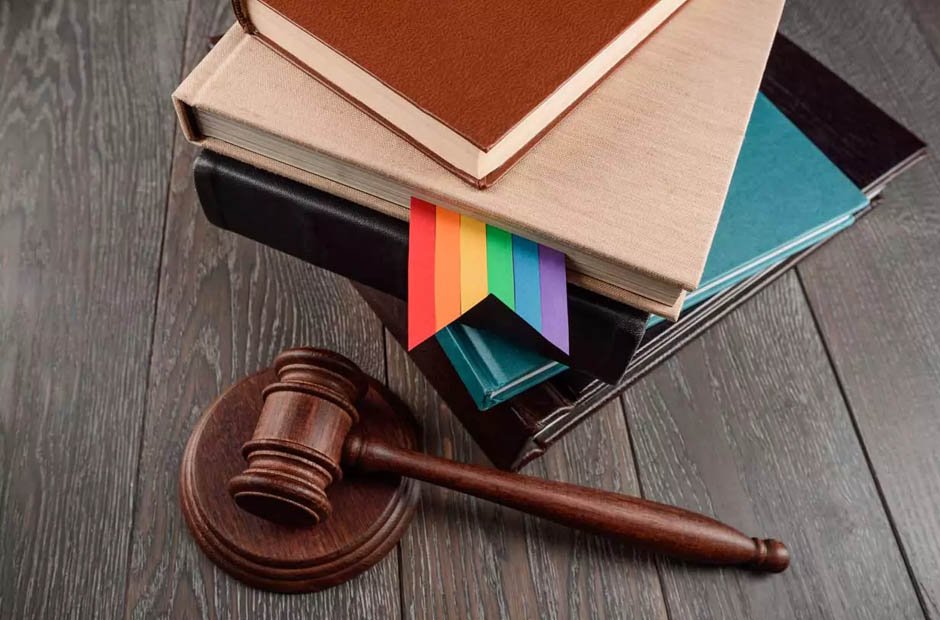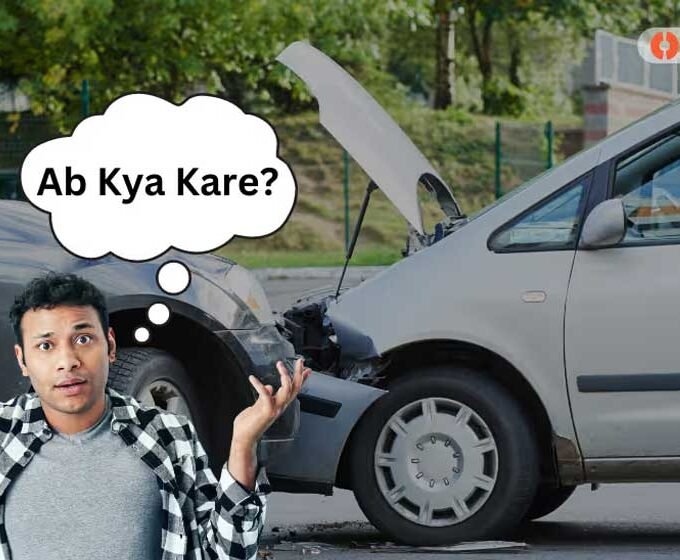In the inclusive city of San Diego, divorce can present unique challenges, especially for LGBTQ+ couples. While strides have been made in recognizing and granting rights to LGBTQ+ relationships, the journey through divorce proceedings remains marked by distinctive obstacles for individuals within the community. This post aims to explore the legal progress that has shaped LGBTQ+ relationships and shed light on the ongoing challenges faced by LGBTQ+ couples in San Diego when navigating the complexities of divorce.
For LGBTQ+ couples in San Diego contemplating or undergoing divorce, seeking support tailored to their unique needs is paramount. If you find yourself in such a situation, call now to consult with legal professionals well-versed in LGBTQ+ family law, such as Garwood Reeves.
Legal Progress
1. Marriage Equality:
The legalization of same-sex marriage was a milestone for LGBTQ+ couples. In 2015, the U.S. Supreme Court ruling in Obergefell v. Hodges made same-sex marriage legal across the nation. This decision not only granted same-sex couples the right to marry but also afforded them comparable legal protections and benefits as heterosexual couples, including access to divorce proceedings.
2. Spousal Maintenance and Property Division:
Before marriage equality, LGBTQ+ couples faced challenges when it came to spousal maintenance or alimony payments during divorces because their marriages or partnerships were not recognized legally. However, with the extension of recognition to all marriages of sexual orientation, divorcing spouses can now request spousal maintenance, if appropriate, during divorce proceedings.
Ongoing Challenges
1. Dealing with Divorce Across State Lines:
Although marriage equality has granted recognition of same-sex marriage rights nationwide, there are still complexities when it comes to divorces involving LGBTQ+ couples across states. The differences in laws between states regarding property division, child custody arrangements, and even recognition of divorce can pose challenges throughout the process.
2. Fair Custody Determinations:
One ongoing challenge is ensuring custody determinations for children of LGBTQ+ parents during divorces. Unfortunately, biases against LGBTQ+ parents may still exist in some family courts or among evaluators who hold outdated stereotypes or discriminatory beliefs. These biases can lead to outcomes for LGBTQ+ parents seeking custody arrangements even in cases where those arrangements clearly serve the best interests of the child.
3. Divorce Challenges for Transgender Individuals:
For transgender individuals going through a divorce, their gender identity can further complicate a challenging process. Depending on state laws, transgender individuals may encounter difficulties obtaining recognition of their gender identity during divorce proceedings. This can have an impact on issues such as name changes, record updates, and the division of property and assets accumulated before transitioning.
4. Religious Exemptions:
There are instances where affiliated institutions may invoke exemptions to refuse acknowledgment or support for same-sex marriages within their practices or systems. Consequently, LGBTQ+ couples who have relied on these institutions in their lives may face obstacles when going through a divorce. They might find it difficult to find resources within their community or seek affirmation that respects all aspects of their identities.
Medical Decision: Access to Healthcare
1. Making Medical Decisions:
LGBTQ+ couples going through a divorce may encounter difficulties in making decisions, especially if they have children or if one spouse depends on the other for medical care. In some situations, hospitals and healthcare professionals might refuse to acknowledge the authority of the biological parent when it comes to making medical choices for their child. This can further complicate a situation potentially requiring legal intervention to ensure equal rights regarding healthcare decisions.
2. Accessing Healthcare:
LGBTQ+ individuals often encounter barriers when trying to access healthcare services due to prejudice, discrimination, or a lack of understanding from providers about cultures and identities. During divorce proceedings, having access to healthcare and mental health support becomes crucial for all parties involved, ensuring their well-being throughout this period. Finding healthcare providers who comprehend the needs of LGBTQ+ individuals can alleviate concerns and guarantee appropriate care throughout the divorce process.
Conclusion
Despite advancements in recognition of LGBTQ+ relationships, in divorce cases, there are still challenges that need addressing. Ongoing attention is necessary to ensure a resolution for LGBTQ+ couples who are divorcing when it comes to their rights in decision-making and access to suitable healthcare resources. By tackling these issues through education, policy reforms, and advocacy initiatives within the healthcare systems, we can work towards a just process that acknowledges the distinct experiences and requirements of LGBTQ+ individuals experiencing divorce.
















